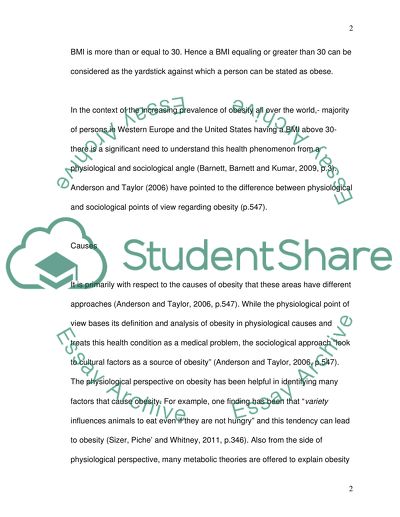Cite this document
(“Obesity Essay Example | Topics and Well Written Essays - 1250 words”, n.d.)
Retrieved from https://studentshare.org/health-sciences-medicine/1398473-obesity
Retrieved from https://studentshare.org/health-sciences-medicine/1398473-obesity
(Obesity Essay Example | Topics and Well Written Essays - 1250 Words)
https://studentshare.org/health-sciences-medicine/1398473-obesity.
https://studentshare.org/health-sciences-medicine/1398473-obesity.
“Obesity Essay Example | Topics and Well Written Essays - 1250 Words”, n.d. https://studentshare.org/health-sciences-medicine/1398473-obesity.


